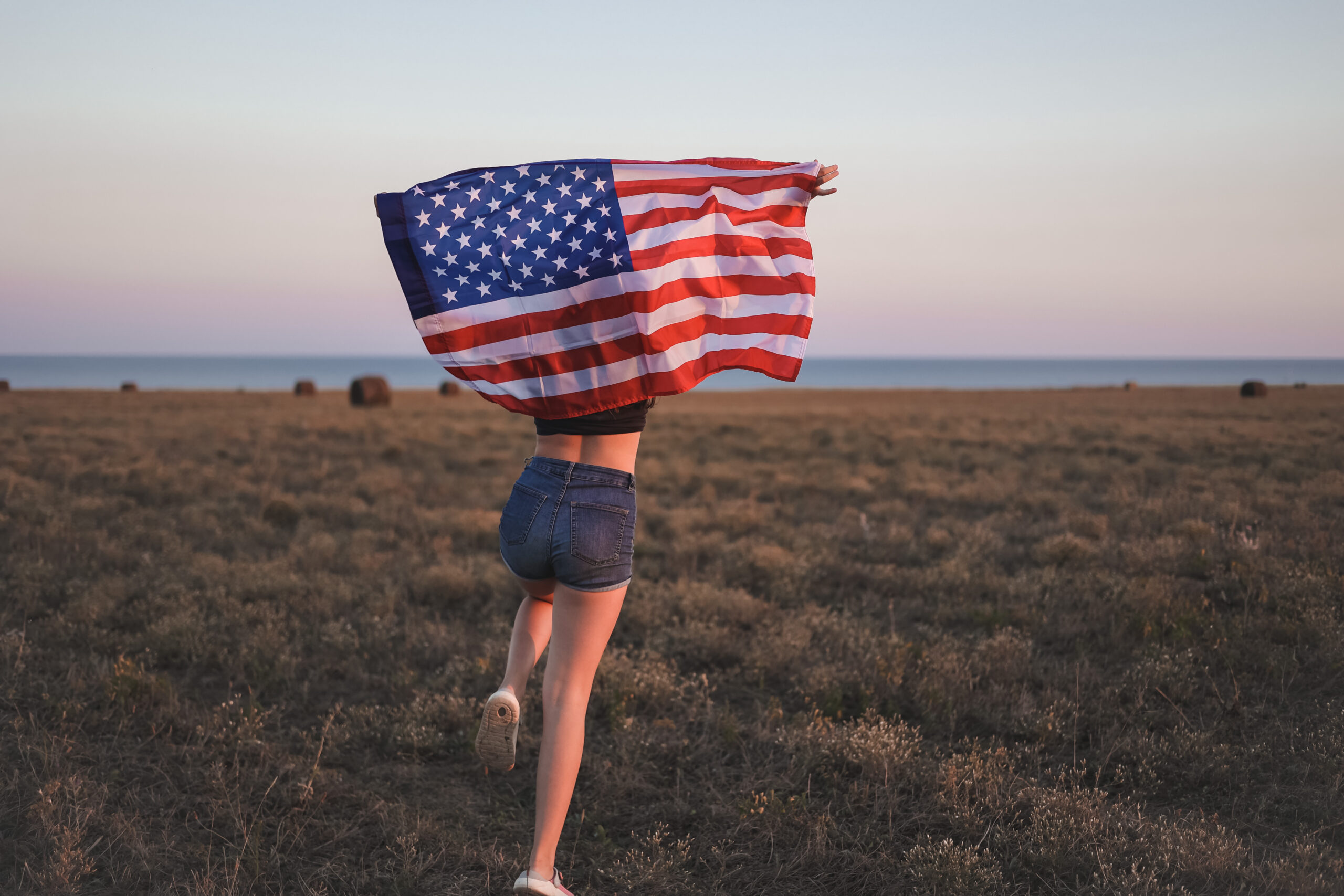By Matthew Delaney
Your religion is the next sacrifice to make as we work toward our “new normal.”
Just like kids wearing masks in school, paying $4 for gas and expecting that the president won’t have to answer for any of his decisions, how serious you are about your faith is now on the chopping block. And it’s being done by using something that supposedly honors it with the mandate’s “religious exemption.”
The exemption puts the onus on employers to determine if a religious belief is “sincerely held.” I know I know — your boss gets to determine if you’re religious enough to not get the vaccine. That’s like someone asking your sister if you’re good in bed. What the hell would she know about that?
Employers rarely ever fussed about religious exemptions prior to the pandemic. Though they usually addressed things such as being given time off for certain holidays, bosses didn’t get into the nitty gritty of your personal beliefs.
But the crisis-like atmosphere of Covid and the beleaguered companies it created has made businesses less tolerant of their employees’ rationales.
“They are becoming more brazen about asking for supporting information, like a note from a religious leader,” Jason Reisman, co-chair of Blank Rome’s labor and employment practice group, told CBS.
NPR reported employers are also asking about their employee’s vaccination history or how often they attend church.
Even if they do determine a religious exemption is valid, the employer gets to determine what a reasonable accommodation is.
For one Arkansas-based hospital system, as reported by NPR, that meant all the employees granted the exemption had to sign a form acknowledging that the fetal cell research they were opposed to in the Covid vaccine has been used in a variety of other over-the-counter drugs, such as Tylenol, Benadryl and Claritin.
That’s a fairly tame accommodation compared to United Airlines, which put its handful of employees granted a religious exemption on unpaid leave with no benefits. Some of the employees are suing that decision, but again, according to NPR, courts have generally upheld unpaid leave as a reasonable accommodation in religious exemption cases.
As an employment lawyer the outlet quoted said: “It’s probably not the accommodation that those workers wanted, but that is something that the employer is providing.”
Clearly the deck is stacked against employees. It doesn’t help that our country is less religious now than we ever have been, according to a March poll from Gallup. Nor does it help when major religious leaders all advocated for the vaccine.
Pope Francis said that getting inoculated against the disease is “an act of love.” Franklin Graham, an evangelical leader and son of legendary pastor Billy Graham, referenced the parable of the Good Samaritan to say “…yes, I think Jesus Christ would advocate for people using vaccines and medicines to treat suffering and save lives.” A range of Islamic and Jewish leaders have done the same.
So, a people with a diminishing sense of religion are now trying to convince their money-starved bosses how sincere their unvaccinated desires are, even when every prominent religious leader has come out in support of it? That raised the eyebrows of one doctor at the University of Colorado, whose research found that our decreasing religiosity has been met with more requests for religious exemptions even before Covid set in.
He told ABC News that the exemptions appear to show that they’re “no longer serving their original purpose.”
Another source quoted in the same ABC story, Dorit Reiss, was extremely terse about describing those who’ve cited the religious exemption. She said, “You can’t just grab onto a biblical verse when it’s convenient” and thinks employers needing to gauge sincerity can be outfoxed by people who’ve been coached on an “anti-vax” stance or “are just better liars” to game the system.
Reiss is a true believer in making vaccinations mandatory. She penned an article for a law journal in 2014 where she argued “First, people lie to get a religious exemption. Second, U.S. jurisprudence makes preventing such abuse very hard. And third, because the religious exemption is so prone to abuse, we should remove it.”
To her credit, she’s shown some evolution on this topic. Before, she questioned whether scrutinizing someone’s reason for filing a religious exemption was appropriate or constitutional.
Today, she’s saying that “It’s making a mockery of real belief and encouraging people to lie about religion, which no religion I think supports.”
To stick with the theme here, my judgment tells me her concerns for the purity of religious practice aren’t sincere. Reiss is like all elite figures — they think religion is just an impediment to seeing their will played out in the world.
Can you blame them? One of the reasons religion has been on the backslide in our country is because our earthly institutions became so efficient. Particularly our justice system. As Salon wrote nearly four years ago, when the rule of law is strong, religious belief declines, and so does distrust against atheists.
When you see justice in action — such as a sound rule of law, a fair judicial system, and a reliable police force, per Salon — you don’t need to pray for justice to be exacted against the people who’ve wronged you. You dial 9-1-1 or you take them to court.
These successes of government are why it’s emboldened to do more for us, and why we’ve accepted it. That’s why we endorse the government providing income for us via a social safety net or controlling our access to healthcare with a nationalized system.
We’ve been suckered into believing that giving federal stewards and bureaucrats near total jurisdiction into our lives only enriches it. The debacle of our pandemic response has upset that apple cart (well, at least for half the country). It’s incited a massive wave of uncertainty in our institutions and prior judgment, and it’s why people are renewing their commitment to religion.
That means we’re making less space in our hearts for the government’s preferred “God” — themselves. Questioning your devotion to Jesus, Allah or whomever is an effort to belittle your beliefs and get you to turn back toward their authority.
A culture that attempts to qualify your faith to a higher power to achieve its political motivations is one that has its priorities wrong. The forces behind this should hope there is no God because I wouldn’t want to tempt His wrath with such behavior.
Subscribe to get early access to podcasts, events, and more!





